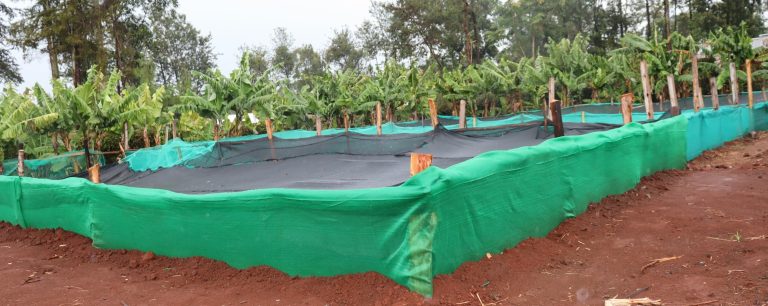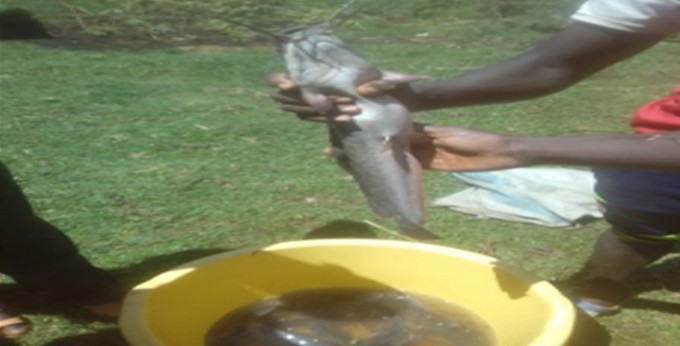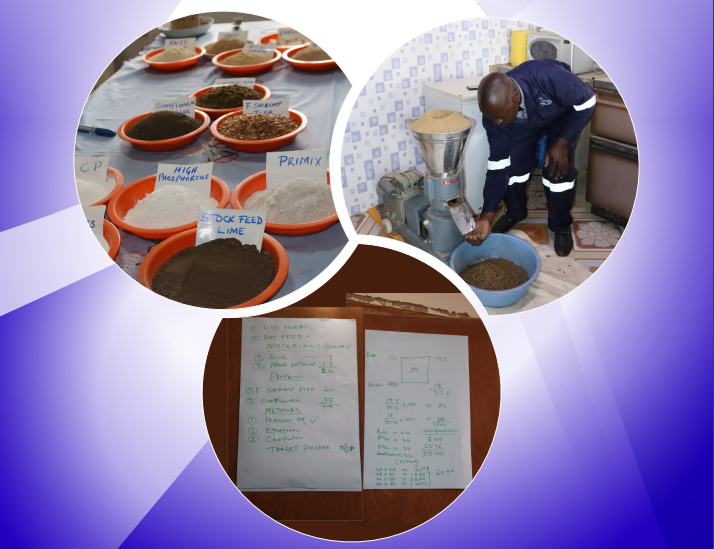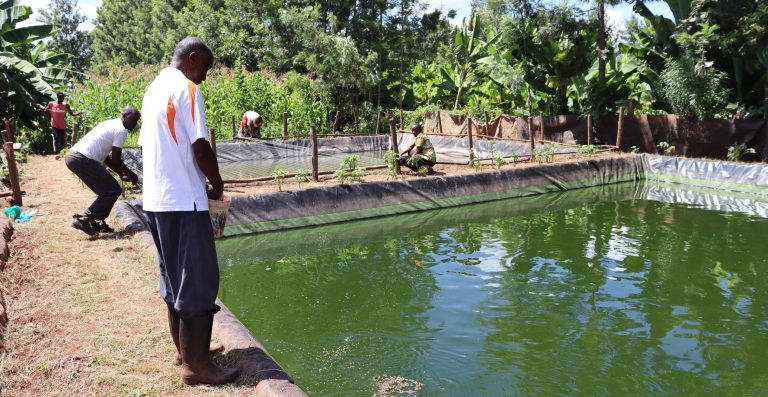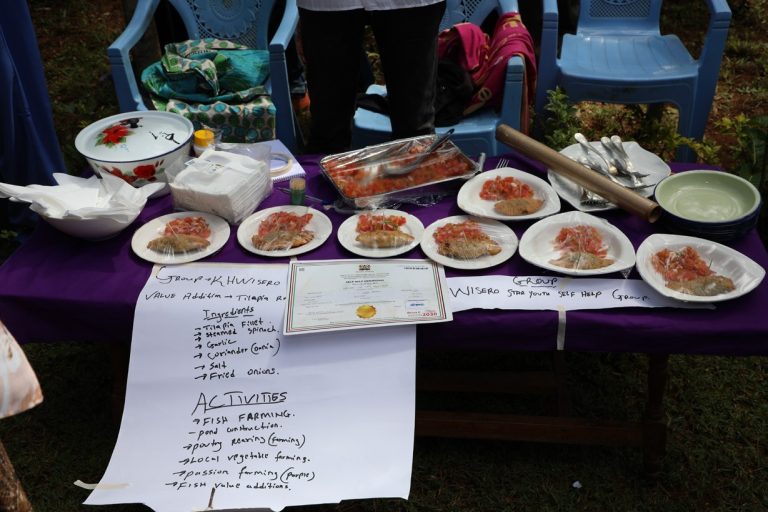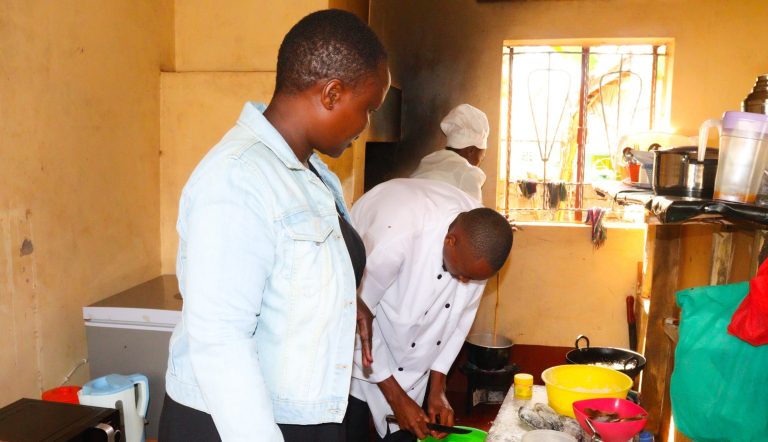The Impact of Youth-led Black Soldier Fly Production as Alternative Fish Feeds on Smallholder Farmers
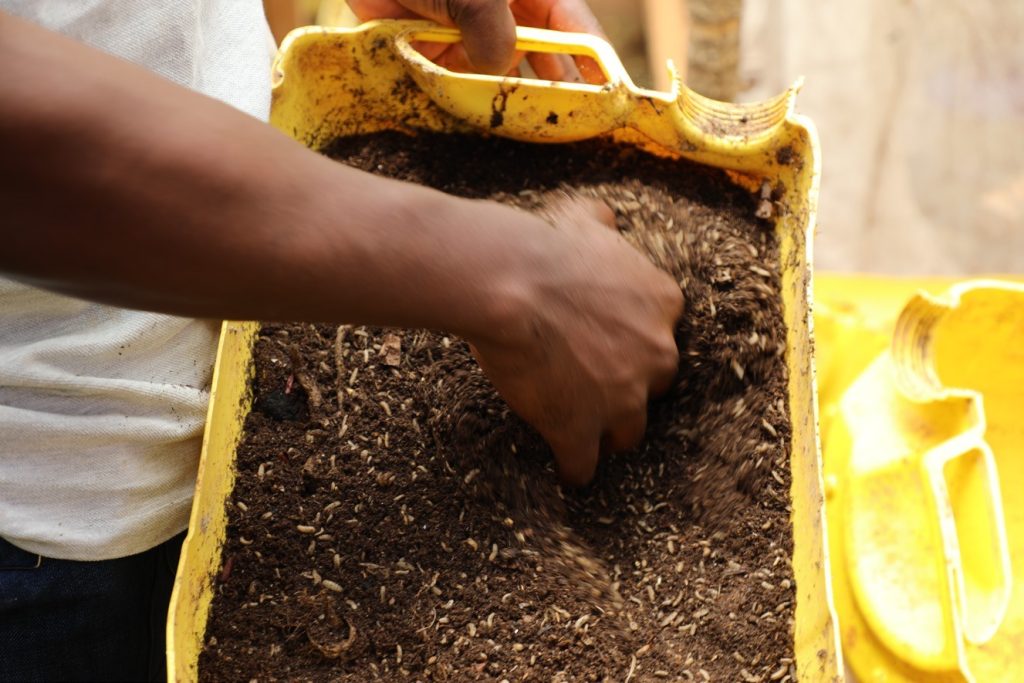
The utilization of Black Soldier Flies (BSF) technology in aquaculture has emerged as a revolutionary choice. In recent times, their potential as an environmentally friendly protein source for animal feed, specifically in aquaculture, has been investigated. Black Soldier Flies (Hermetia illucens) has long been acknowledged as highly effective decomposers of organic waste. The larvae of BSF, commonly referred to as “BSF maggots,” possess an impressive ability to convert a wide range of organic waste materials into proteins of excellent quality. The adoption of BSF technology has gained traction in the aquaculture industry due to its cost-effective feed production and its ability to aid both small- and large-scale fish farmers.
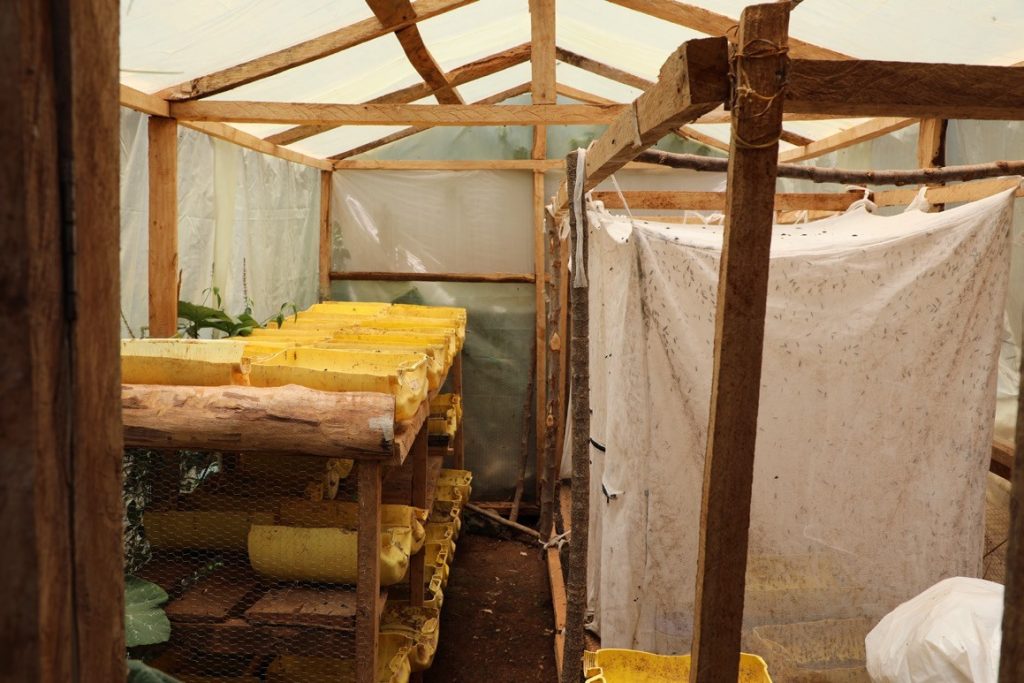
Objective
The objective of the case study is to demonstrate the sustainable and efficient use of BSF in aquaculture farming.
Context
Utilizing BSF as an alternative feed is crucial for addressing the high cost of feeds, as highlighted in this story. The protagonist, Steve, who has been involved in fish farming since his youth as a hobby, has now realized its potential as a source of income that can uplift him.
However, obtaining or purchasing fish feed is not feasible, especially for young individuals like Steve who rely on their parents’ support. To overcome this challenge, the adoption and use of BSF, which is cost-effective, becomes essential. The primary requirement is to acquire the waste from animals or any other suitable source to generate BSF. Initially, Steve faced difficulties in establishing BSF production. However, through training and research, he found a way forward. In one scenario, he was unable to find organic waste but requested his father’s assistance in setting up a pig farm, from which he now obtains the necessary waste materials.
After receiving training, Steve was able to overcome the feed shortage challenge. He mainly depended on his family for support due to the high cost of sustainable and cost-effective protein sources for fish feeds. He started fish farming in a pond while still in school, initially unaware of its business potential. However, through the ABDP programme, he received training that expanded his knowledge. The ABDP and its partners have supported beneficiaries by providing training on obtaining alternative feeds from BSF, which can positively impact their livelihoods in aquaculture. BSF is not only cheap to obtain and rear but also derived from waste materials, making it a viable solution.
How the problem solved and who got involved
The training provided by the programme has empowered beneficiaries who are actively engaged in aquaculture farming. This story is about a youth from Tharaka Nithi County, one of the implementing counties, who took the initiative to apply the knowledge gained and conducted further research on BSF as a sustainable alternative. The larvae of BSF efficiently convert organic waste into a protein-rich nutrient source.
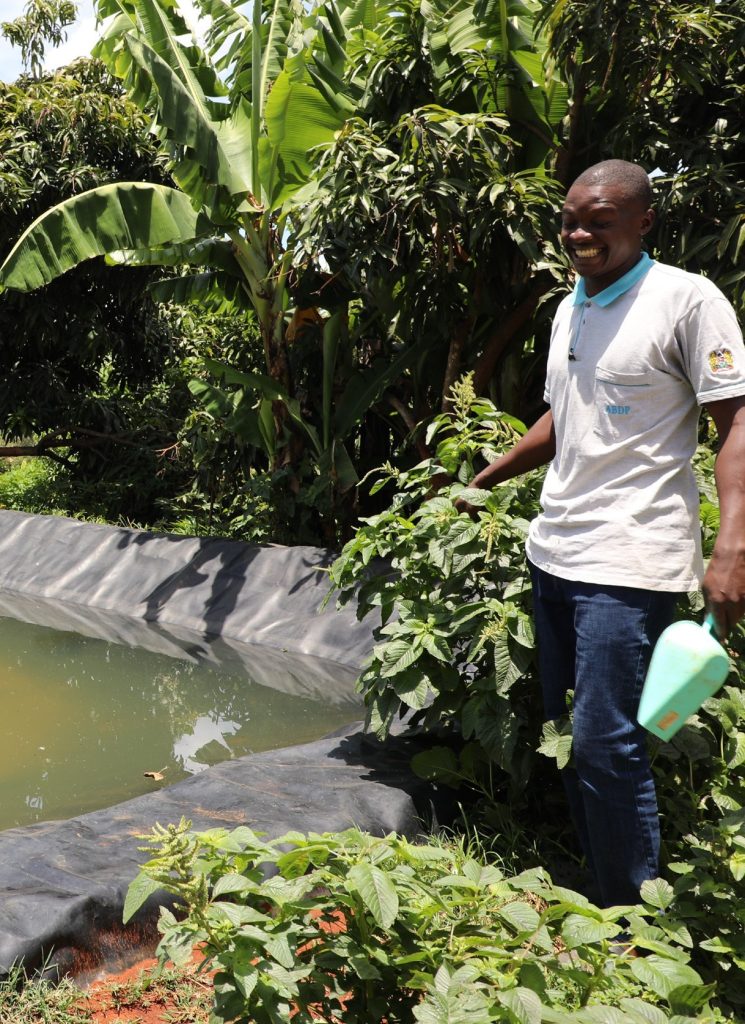
Initially, as a youth, he relied on his family for financial support, particularly for purchasing fish feed. However, when he joined the programme, he was fortunate to receive support that played a significant role in his journey. The programme offered valuable lessons in fish rearing and the utilization of alternative feeds. During this process, he connected with other beneficiaries who had become trainers themselves. Attending a training organized by the ABDP programme, he didn’t hesitate to start conducting additional research on BSF, which ultimately led to his success.
Steve proudly mentions that he now supports his family by paying his school fees through the production of BSF and the sale of fish. BSF has completely transformed his life, as evidenced by the substantial growth in his fish weight. Additionally, he sells BSF to other farmers, further contributing to his income and expanding his impact. Steve’s average production of BSF amounts to 80 kilograms, which he sells at a price of Kshs 150 per kilogram, resulting in a total revenue of Kshs 12,000. However, the challenges he encounters in obtaining an adequate supply of waste materials for BSF production restrict his ability to maximize his output. Overcoming these waste acquisition hurdles would enable him to expand his BSF production and potentially achieve higher earnings.

